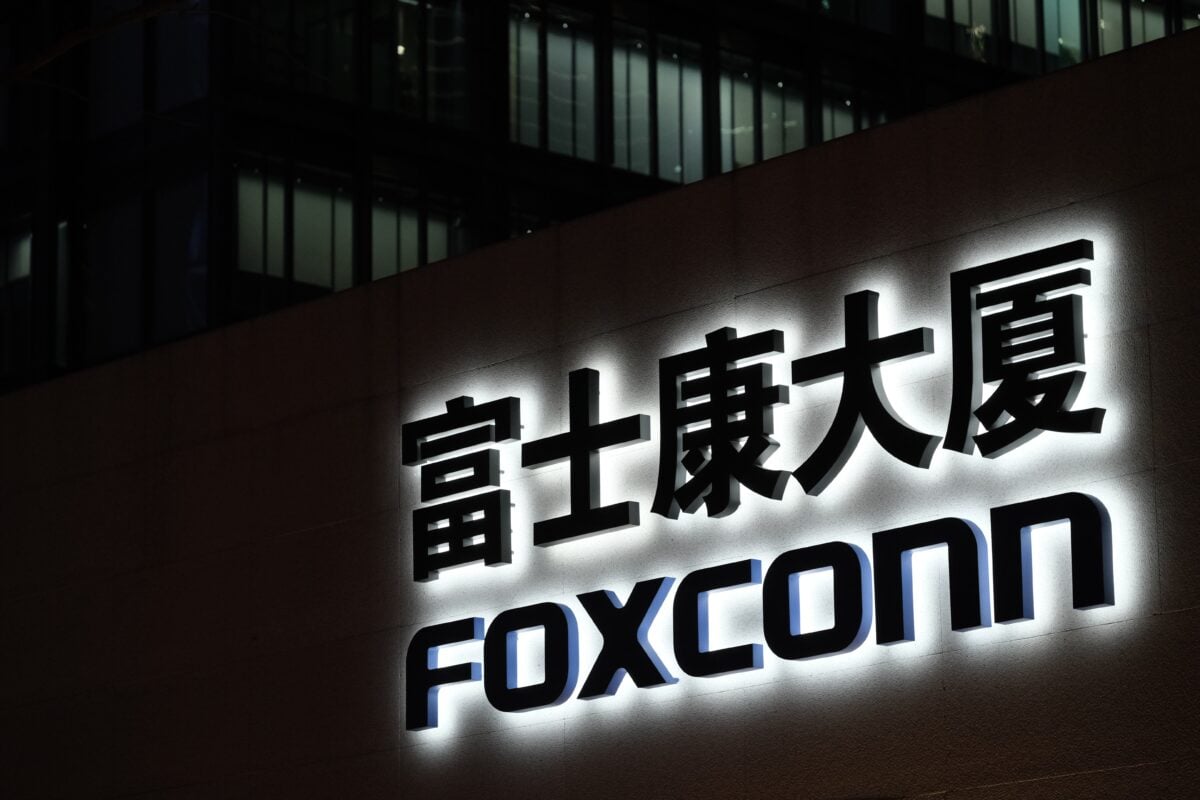Microsoft face antitrust class action over its $13 billion OpenAI deal
Microsoft is facing a new class action lawsuit filed in a federal court by consumers over the tech giant’s multi-billion-dollar partnership with ChatGPT maker OpenAI.
The consumers are alleging that the deal violates anti-trust laws, and has led to Microsoft artificially inflating prices of its generative AI services. The proposed class action was filed in a San Francisco federal court and claims that Microsoft used a secret, exclusive cloud computing deal with OpenAI to illegally limit the supply of computational power essential to run OpenAI’s popular platforms, ChatGPT included. The lawsuit further argues that this alleged restriction on the market has hurt millions of users by driving subscription prices up while diminishing product quality.
The consumers accuse Microsoft of market manipulation
Microsoft has invested more than $13 billion in OpenAI to date. The tech giant first announced a $1 billion partnership in 2019, in a deal that established its Azure as the key cloud computing service for the ChatGPT maker. This initiative, the plaintiffs are positive, was used to corner the emerging generative AI market.
According to the court papers, the agreement allowed Microsoft to take advantage of OpenAI’s ground breaking success for its own benefit, at the same time while it developed competing products like Microsoft Copilot.
It further alludes to a price war among AI services experienced earlier this year, emphasizing that ChatGPT prices remained “substantially higher” than its competitors, allegedly because of Microsoft’s market manipulation, according to the plaintiffs.
According to a Reuters article, while the lawsuit admits that some of the tightest restrictions have recently eased with OpenAI reportedly beginning to buy compute power from Google in June this year, it however warns that the threat remains in place. The plaintiffs describe the arrangement as “a sword of Damocles over OpenAI wielded by one of its principal competitors,” suggesting that Microsoft may re-impose the restrictions any time.
Now, the consumers are seeking unspecified damages for alleged overcharges dating back to the public launch of ChatGPT in November 2022. Additionally, they are requesting a court order to permanently stop Microsoft from enforcing the allegedly anti-competitive limits on OpenAI.
Microsoft has been under some regulatory scrutiny for some time. The tech giant recently narrowly escaped the risk of a multibillion-euro fine after agreeing on a deal with EU to loosen the grip of its workplace chat service, Teams, on the professional software market.
This followed over a year of antitrust bickering which was triggered by complaints from rival platforms, which later led to the EU accepting commitments regarded as binding from the Microsoft. The commitments were in relation to Microsoft being required to sell versions of its Office 365 and Microsoft 365 suites without Teams, as the Cryptopolitan previously reported.
As for the latest case, both Microsoft and OpenAI had no immediate comment on the lawsuit, neither did attorneys at Bathaee Dunne for the 11 consumers who filed the lawsuit had a comment immediately.
OpenAI, which was founded as a nonprofit in 2015 but has since restructured into a for-profit entity, is not named as a defendant in the case.
Claim your free seat in an exclusive crypto trading community - limited to 1,000 members.
You May Also Like

AI Accounting Startup Osome Launches in Dubai, Targets 1M SMEs

Foxconn Pledges $1.8B for AI and Manufacturing Expansion in India
